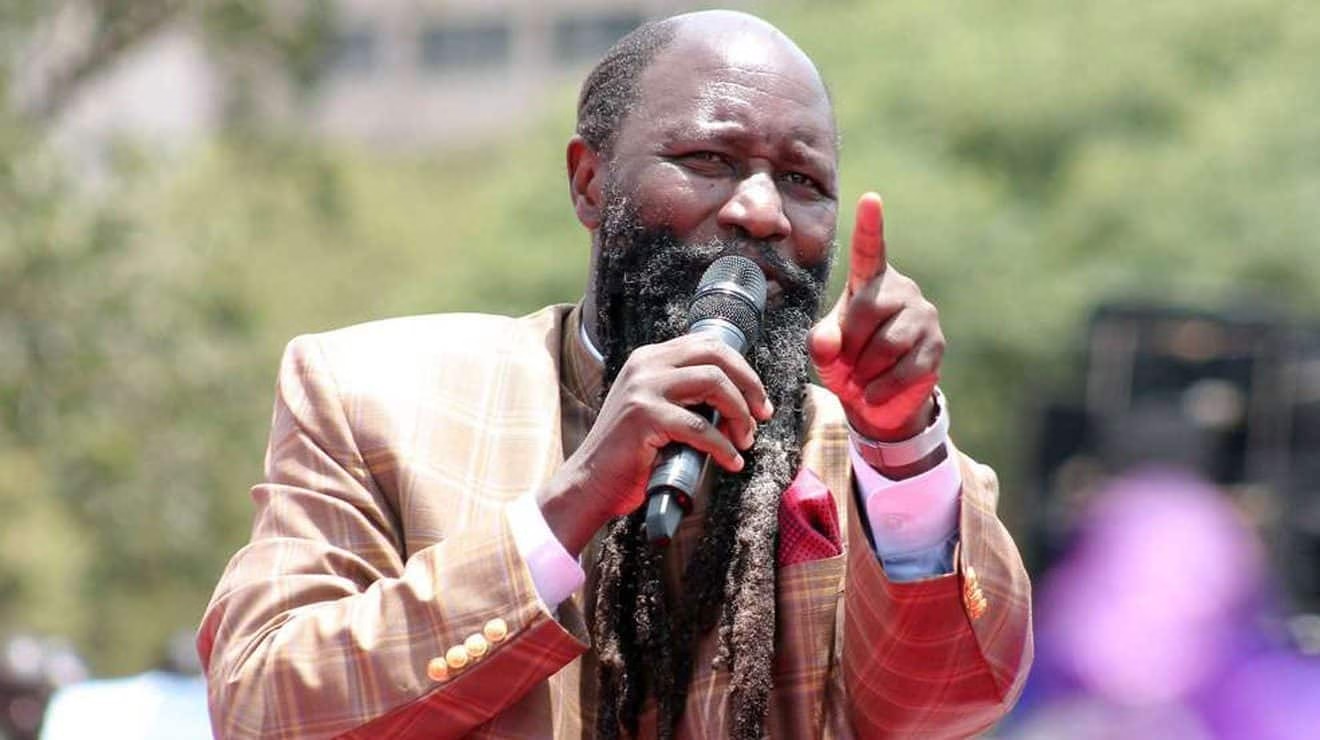
Prophet Dr. David Owuor and the Ministry of Repentance and Holiness have spoken in no uncertain terms against recent doomsday prophesies that the world is set to end on August 2nd, 2025. The ministry described such reports as totally false and said they were spread to tarnish its reputation.
“Prophet Owuor has never made such a prophecy,” the church stated in a release affirming that the accusations are unscriptural. They referred to the teaching of the Bible that no one knows the day or the hour when the world will end. The release appealed to the believers to be cautious not to spread rumours, but to focus on the truth in the Bible.
These false reports triggered public panic, especially given the traumatic history of the Shakahola disaster, in which false religious doctrines led to deaths. The Ministry of Repentance and Holiness condemned the exploitation of prophecy to instill fear and confusion, saying that such an act misinterprets their motive and teachings.
Prophet Owuor has been a household spiritual leader in Kenya for many years, with his revival services and sermons drawing large crowds. His believers said that they refer to him as a spiritual guide, while detractors highlight issues of control and empirically verifiable miracles. This division has made him a pervasive, if divisive, presence in the religious landscape of Kenya.
The church’s reaction to the doomsday gossip indicates a greater concern about misinformation when it comes to things of faith, particularly in this era of quick-spreading social media gossip. It’s a timely reminder that belief must be rooted in knowledge, not fear, and that ethical communication within religious circles is crucial.
The Rise of Misinformation
The above incident depicts the trend of a growing rate of disinformation and misinformation.
In today’s hyper-connected digital world, misinformation and disinformation are spreading faster than ever before, posing serious risks to societies around the globe.
According to a 2024 report by the World Economic Forum, 76% of people across 20 countries say they’ve encountered false or misleading information online in the past month. Whether it’s health hoaxes, political propaganda, or doctored images, the line between fact and fiction is blurring, and the consequences are becoming more severe. What’s most alarming is how easily false narratives can go viral, amplified by algorithms and emotionally charged content that taps into people’s fears and beliefs.
Behind every statistic are real people, families torn apart by conspiracy theories, communities misled during elections, and individuals harmed by fake health advice. In Kenya, for example, a 2023 study by the Mozilla Foundation found that over 40% of social media users had shared false information without realizing it.
Combating misinformation requires more than just fact-checking; it demands digital literacy, critical thinking, and platforms that prioritize truth over clicks. As we move deeper into the digital age, the fight against falsehoods is becoming one of the defining challenges of our time.